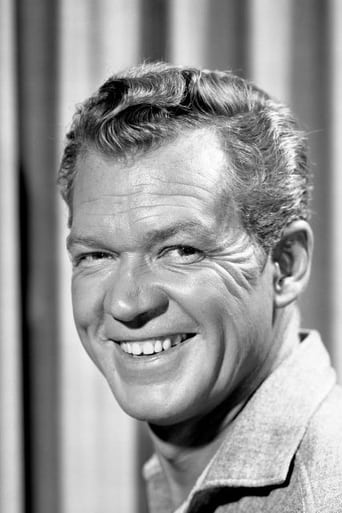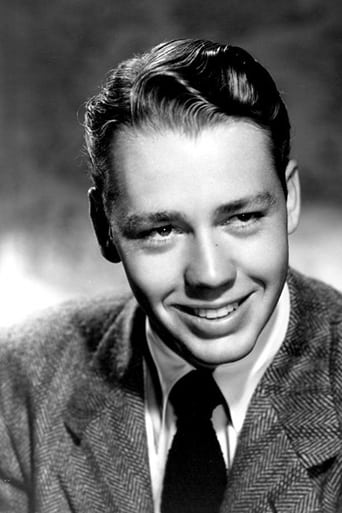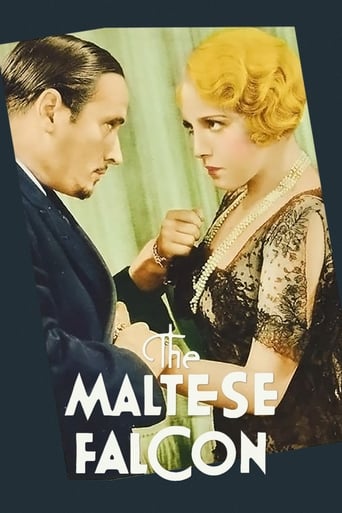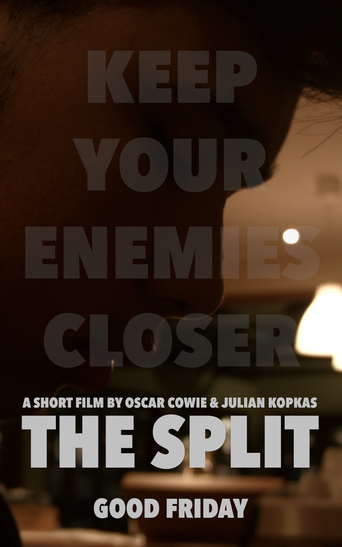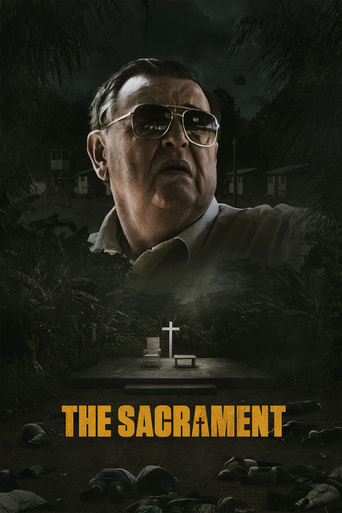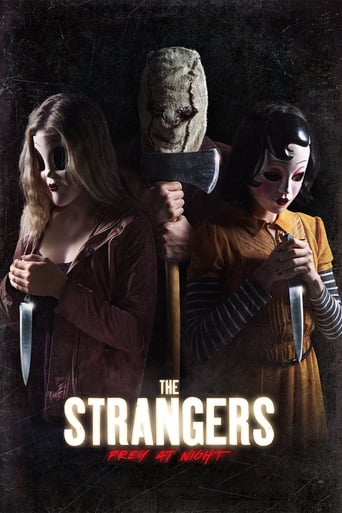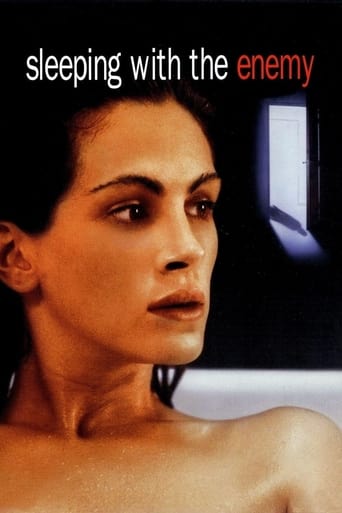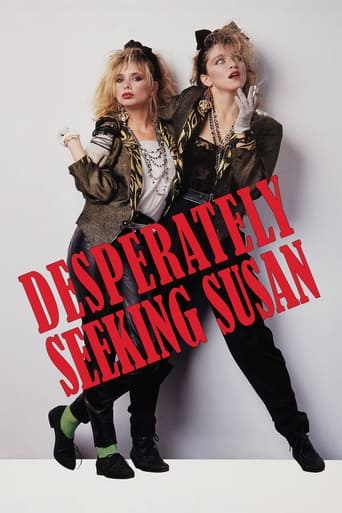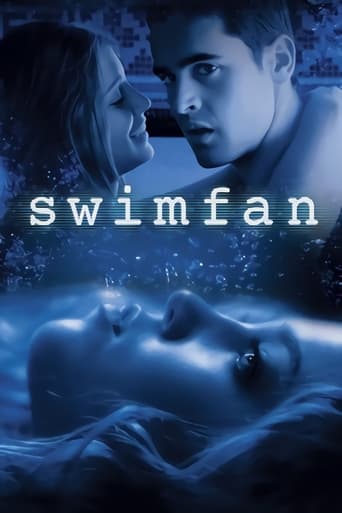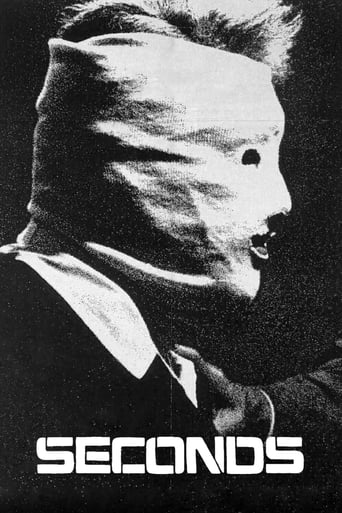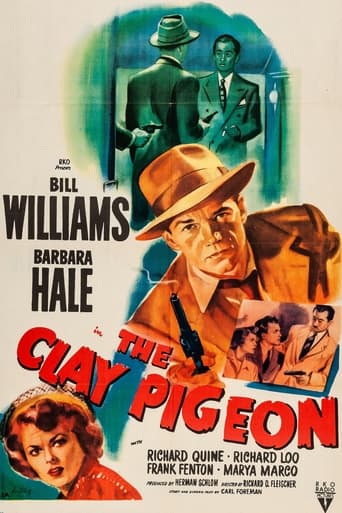
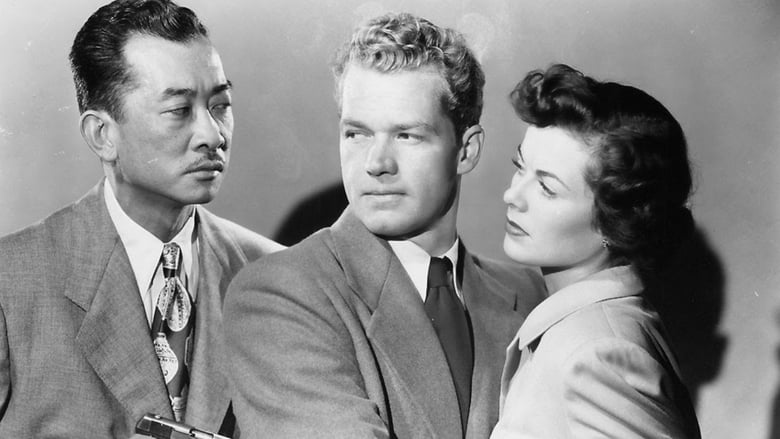
The Clay Pigeon (1949)
Jim Fletcher, waking up from a coma, finds he is to be given a court martial for treason and charged with informing on fellow inmates in a Japanese prison camp during WWII. Escaping from the hospital he tries to clear himself by enlisting the aid of Martha Gregory, widow of a service buddy he was accused of informing on. Helped also by Ted Niles, a surviving fellow prisoner, he gets closer to finding the answers he needs, and becomes ensnared in a grandiose scheme involving his Japanese ex-prison guard, $10,000,000 of US currency forged by the Japanese and a burgeoning crime network poised to wreak havoc throughout southern California.
Watch Trailer
Cast
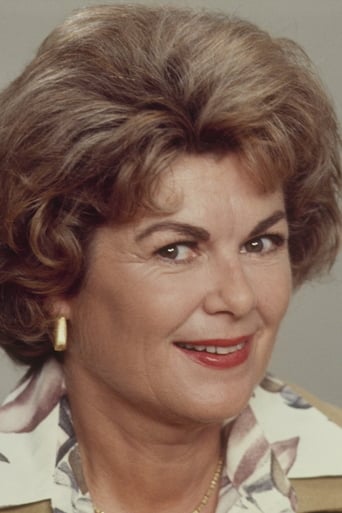


Similar titles
Reviews
When the Navy sailor Jim Fletcher (Bill Williams) awakes from a two-year coma in a hospital in San Diego, he overhears a conversation of his doctor and his nurse and learns that he will face a court martial, accused of treason for snitching fellow POWs that were stealing food in a Japanese camp in World War II. He decides to flee from the hospital and seek out his friend Mark Gregory to help him to clear his name. However he meets the widow Martha Gregory (Barbara Hale) and learns that Mark is dead. He calls his other friend Ted Niles (Richard Quine) that promises to help him, Jim needs to travel to Los Angeles to meet Ted. Martha is forced to help him and while driving her car to Los Angeles, two men in another car try to throw them off road. Martha convinces of his innocence and when they go to Chinatown, Jim sees the most brutal guard in the camp, Ken "The Weasel" Tokoyama (Richard Loo). Now he feels that The Weasel may be the means to find what really happened in the camp and he stumbles upon a huge conspiracy. "The Clay Pigeon" is a film-noir based on a true story despite the flawed but pleasant and tense screenplay. The coincidences and the happy ending make the story hard to believe. The chemistry of Bill Williams and Barbara Hale is fantastic and the resemblance of Bill Williams with his son William Katt is amazing. My vote is seven.Title (Brazil): "Alma em Sombras" ("Soul in Shadows")
Our hero's a creep, comes off obnoxious and entitled--treats the lady like trash . . . yet . . . she believes he didn't really murder her husband in the Japanese prison camp and so will help him because . . . because he's such a jewel? And the Japanese torturer just happens to go to a CHINESE restaurant at the same exact moment our hero and his deluded lady friend are eating there! How'd he get into the U.S.? A couple of nice touches amid the tedious unfolding: 1) The above-mentioned Chinese restaurant in L.A.'s Chinatown seemed authentic (maybe even location?). By the way, our hero and lady stiffed the restaurant--they ran out without paying (he could've tossed some bucks on the table--always a cool maneuver and one I like to employ myself wherever possible). 2) Very moving was the exchange with the Japanese mom about her son who died fighting in the 442nd Regiment. (I'm glad the lady got an acting gig, but where was Anna May Wong? She would've been perfect.)
The Clay Pigeon is directed by Richard Fleischer and written by Carl Foreman. It stars Bill Williams, Barbara Hale, Richard Quine and Richard Loo. Music is by Paul Sawtell and cinematography by Robert De Grasse.Jim Fletcher (Williams) is a survivor of a Japanese prisoner-of-war camp who awakes from a coma with amnesia, and a charge of treason against him! Escaping hospital he aims to recover his memory and hopefully clear his name. The secret may be with another ex-POW inmate and the wife of the man who was killed on account of his supposed treason.Stripped down to the bare essentials by Fleischer, The Clay Pigeon is a one hour TV episode in essence. Dealing in that old noir favourite, that of amnesia, the director doesn't hang around to build any sort of supporting characters. This is firmly a two character piece as Williams and Hale (real life husband and wife) run through a narrative that has her initially hostile towards him, only to then unsurprisingly warm to him as events conveniently fall into place to prove his innocence.There's a willingness to balance out the anti Japanese slant that initially hangs over the story, and a twist in the tale, whilst hardly a surprise, earns writer Carl Foreman some grace to forgive the poor contrivances elsewhere. The night time sequences are nicely noirish, without really adding any sort of psychological dimension to the atmospherics, and the cast are adequate as per the quality of production. All told it's an enjoyable enough B-level noir out of RKO, even if it's hardly essential viewing. 6/10
When Bill Williams comes out of a coma at a Naval hospital in Long Beach, he knows who he is but doesn't know why he's there. But he overhears staff talking about his impending court-martial for treason: Apparently he snitched on his fellow Americans in a Japanese prison-camp, leading to their deaths by torture. No fool he, he grabs some civvies and slips out the door, headed to San Diego and the widow (Barbara Hale) of one of his dead buddies.She's understandably unhappy to see him and even more so when he binds and gags her, then heads north to Los Angeles in her car, with her in it. When pursuers almost run them off the road and down a ravine, she starts to believe his story about being innocent. In L.A., he enlists the aid of another survivor (Richard Quine), who advises him to lay low as the `Old Lady' (the Navy) is watching them both.Then one evening in the White Lotus, a `chop-suey joint' oddly run by Japanese, he spots among them the most sadistic of the guards, nicknamed `the Weasel.' Soon he finds himself the fall guy, or clay pigeon, in a transpacific scheme to launder millions in counterfeit currency printed in anticipation of Japanese victory and occupation. Its operations come very close to him....The Clay Pigeon is another of the trim and stripped-down noir thrillers churned out by Richard Fleischer in the post-war years. While not as deftly worked out as Armored Car Robbery or The Narrow Margin, it clocks in at just over an hour and delivers the goods. Its stars, Williams and Hale, were married at the time and would remain so until his death. Among their children is actor William Katt (Williams' birth name), the spit-and-image of his dad. Hale, of course, had a long run as Perry Mason's gal Friday, and Raymond Burr named an orchid he cultivated after her - not Della Street, but Barbara Hale.


